- SIMONA
Sustainable production and processes
SUSTAINABLE PRODUCTION
- Founded in 1995
CORPORATE CARBON FOOTPRINT
The corporate carbon footprint, also known as the company’s carbon footprint, comprises the total amount of greenhouse gas emissions that are directly and indirectly associated with a company’s activities. It is made up of Scope 1, Scope 2 and Scope 3 emissions.
SIMONA has been calculating its Scope 1 and Scope 2 carbon footprint since 2020.
The aim is to achieve net zero by 2050 through targeted measures.
Our goal
Average annual reduction in the corporate carbon footprint (Scope 1 and 2) by 2030
Development of the corporate carbon footprint
(in Tonnen; Scope 1 und 2)
No Data Found
(in Tonnen; Scope 3)
No Data Found
measures to reduce our carbon footprint
We are actively committed to reducing our environmental impact, both within our own company boundaries (Scope 1 and Scope 2) and beyond (Scope 3). To this end, we have introduced the following measures, among others:
To reduce our carbon emissions, we have invested in generating our own green energy, for example by installing photovoltaic panels at our plant in China and the Czech Republic. At the same time, we are further expanding our global green energy procurement. These and other measures are intended to reduce our ecological footprint and promote the use of renewable energy sources.
We also want to reduce our indirect emissions and environmental impact and have launched various initiatives:
We develop products based on raw materials that have a lower CO2 footprint than conventional materials. These include, for example, certified ISCC plus raw materials. We are also working on establishing a circular economy system for our products. To this end, we work closely with partners such as the environmental service provider PreZero to avoid waste and promote the extraction of recyclate. This enables us to manufacture new high-quality products based on recyclate.
We want to continuously optimize our global business activities in terms of sustainability and minimize our environmental impact.
- Circular economy
Recycling. Sustainable and economical.
Together with some of our customers, we have developed a closed-loop process in which we take back waste from the supply chain in order to process it mechanically and return it to our production as a material. We want to continuously increase the proportion of recycled material in our production while retaining the important material properties of the materials.
WHAT IS THE PURPOSE OF THE CIRCULAR ECONOMY?
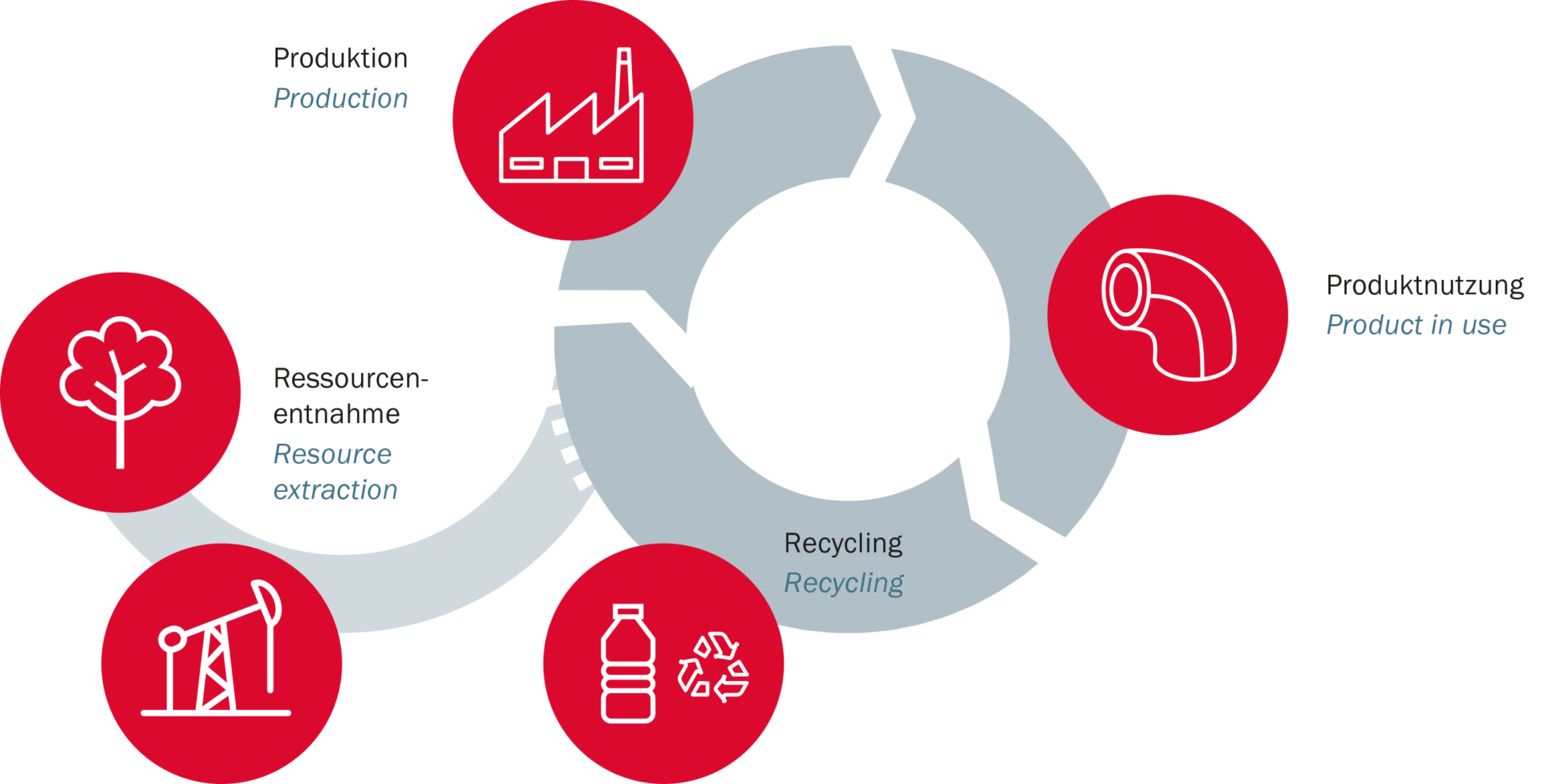
A circular economy is aimed at optimising the use of resources while minimising waste. This approach is considered to be of central importance, as the availability of many natural resources is limited. Minimising waste and reducing the environmental impact are core objectives of the circular economy. These measures play a key role in protecting the environment and combating climate change.
- Circular economy
Recycling
SUSTAINABLE CYCLES.
SUSTAINABLE-SOLUTIONS.
MAKING SUPPLY CHAINS SUSTAINABLE,
OPTIMIZE THE CIRCULAR ECONOMY
Making production and processes sustainable is a central pillar of the SIMONA sustainability strategy. Which raw materials do we use? How do we deal with them at the end of their life cycle? This has a major impact on the CO2 footprint of SIMONA products. This can be significantly reduced by reusing materials.
HOW THE
RECYCLING PROCESS
Our partner PreZero, an international environmental services provider, handles the logistics and processing of production waste so that it can be reused in the manufacture of new products at SIMONA. Your contribution as a SIMONA customer is primarily the provision of sorted waste in pallet cages. The selected materials are taken back after individual consultation with the SIMONA team.

- Take-back of unmixed production waste from SIMONA customers
- Provision of pallet cages by PreZero
- Logistics from the waste/collection point to the recycling plant
- Processing the material into
Coarse regrind - Delivery of the coarse ground material obtained
to SIMONA


- Provision of sorted
production waste in the lattice boxes provided for this purpose - Notification of collection at
PreZero as soon as a certain
number of pallet cages has been filled
- Reuse of recovered materials for the manufacture of new products
- Product developments to expand the use of recyclates
- Circular economy
Established measures
- Circular economy
Established measures
Our group of companies has already established successful recycling cycles in various subsidiaries in cooperation with our customers. Our sites in the USA and China have many years of experience in processing our customers’ production waste. One notable example is SIMONA PEAK Pipe Systems, which successfully uses external recycling materials for the manufacture of various pipe products.
As part of our investment plans in the area of sustainability, SIMONA Boltaron has decided to expand the site with a recycling center. From 2025, we will therefore be able to process post-consumer recycled materials and thus make our contribution to the circular economy.

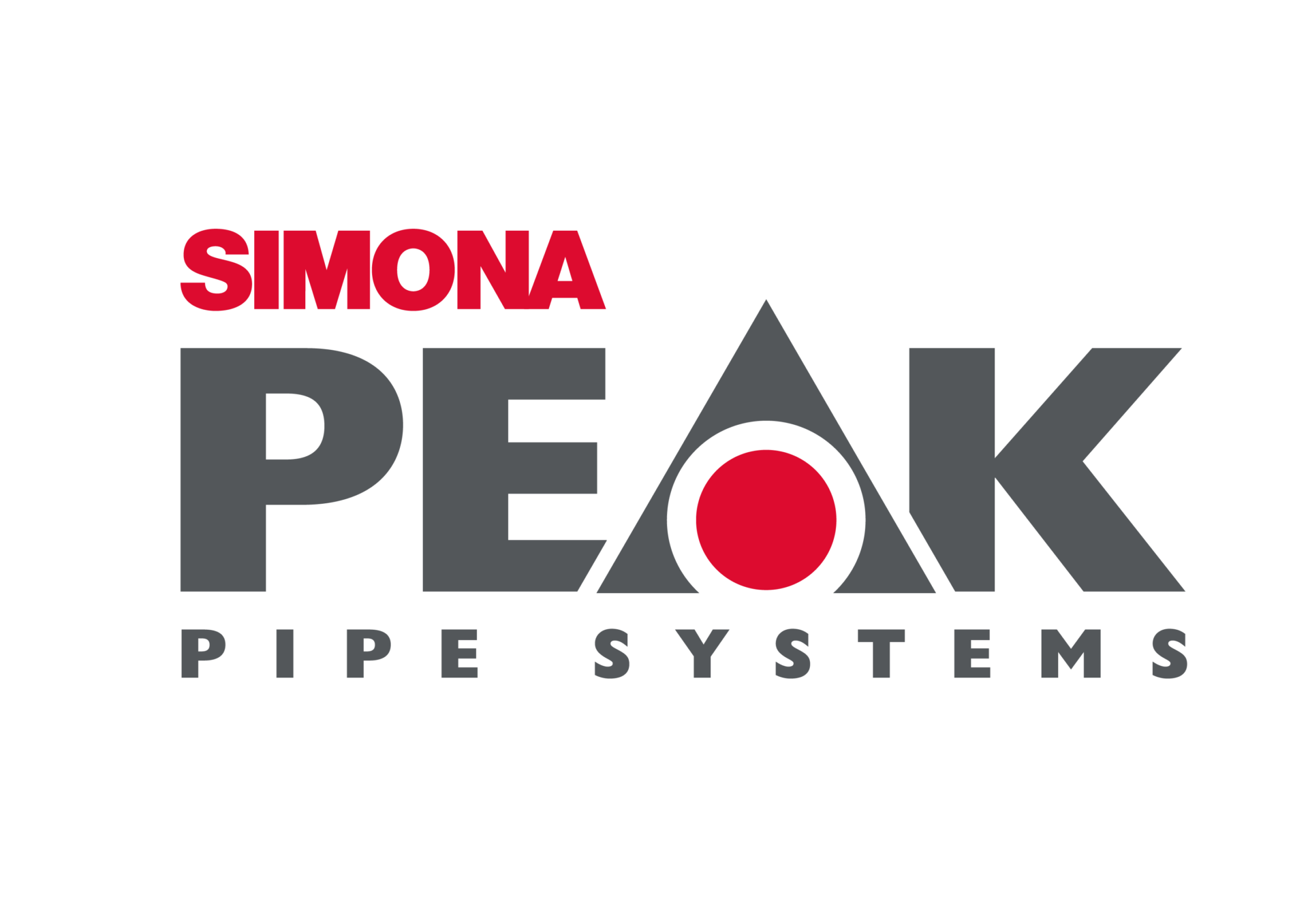
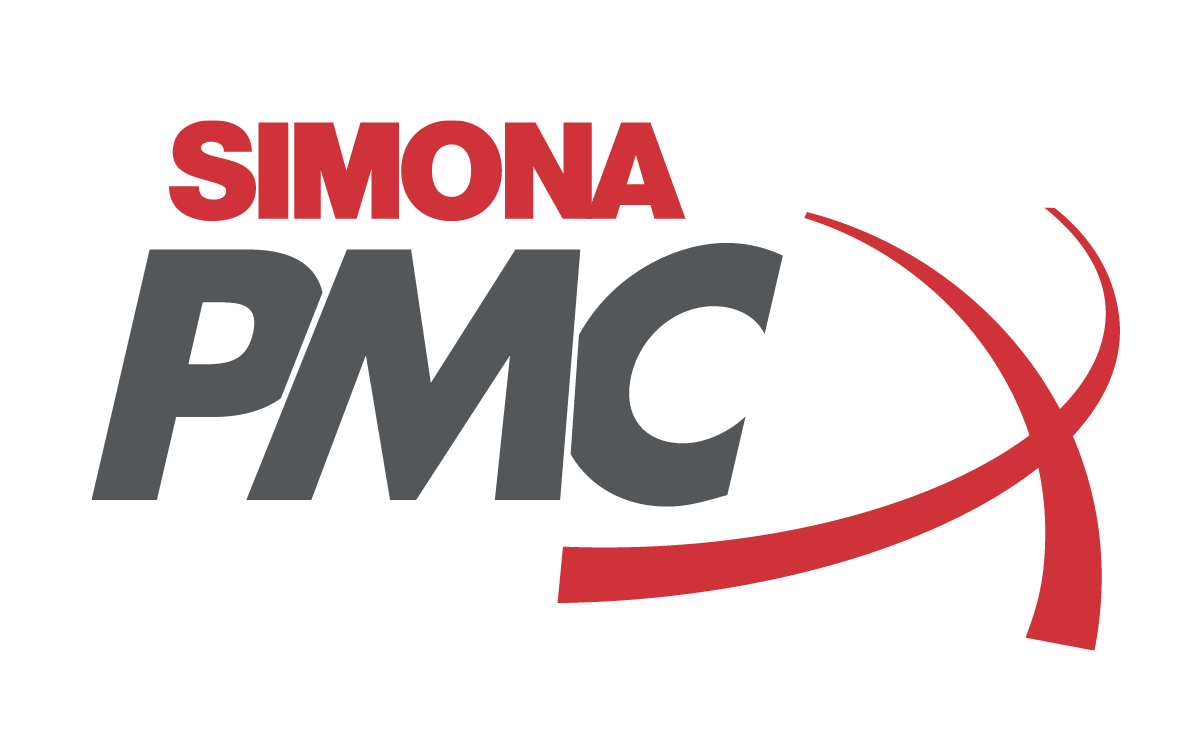
- Circular economy
Sustainable responsibility
Sustainable responsibility
- Sustainable production
Supply chain
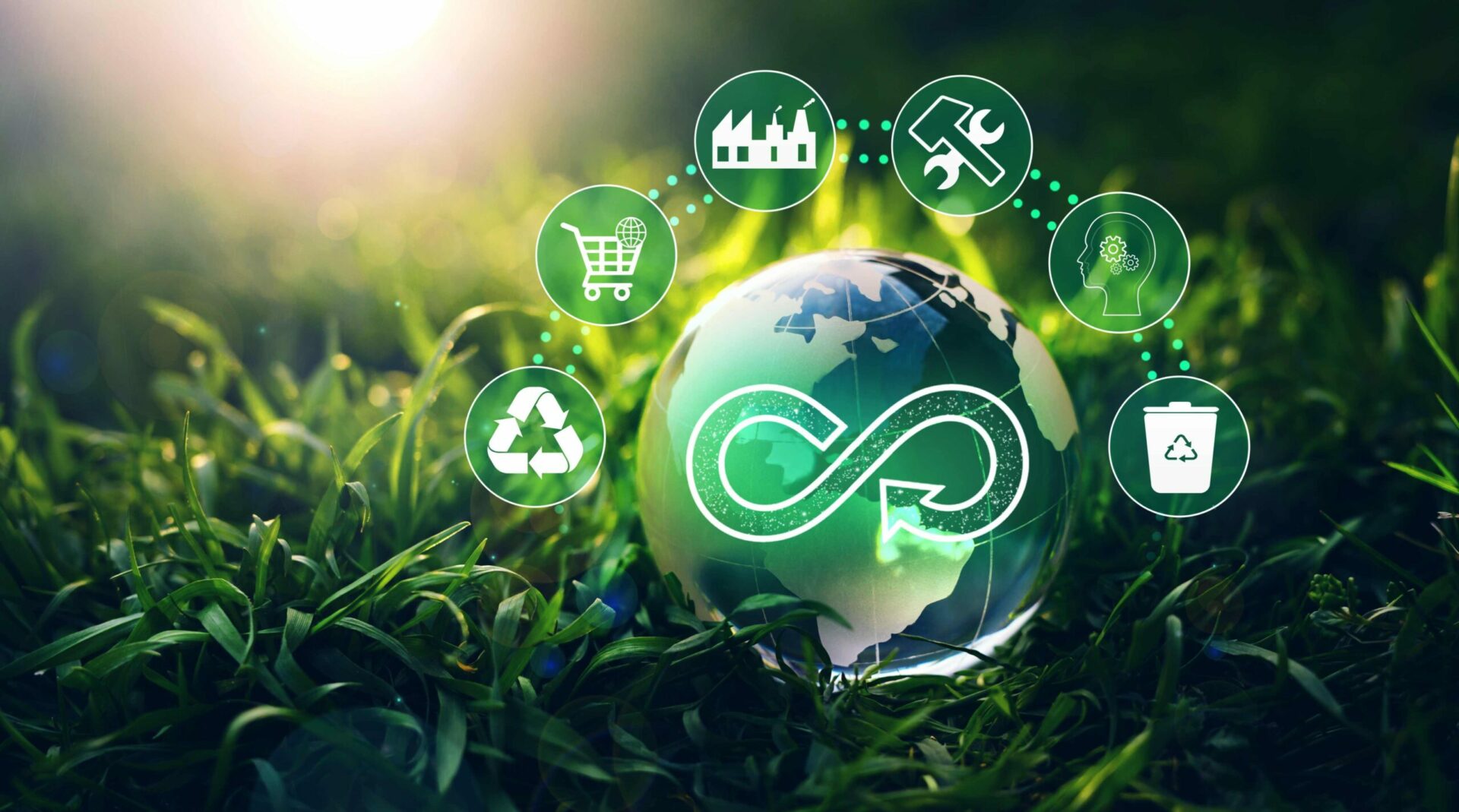
A culture of transparency and fair dealings forms the foundation for long-term supplier relationships based on partnership. SIMONA assumes a high level of responsibility in the areas of the environment, social affairs and sustainability, with a focus on the entire supply chain.
SIMONA expects the same commitment from its suppliers, which manifests itself in precise requirements.
SIMONA requires compliance with all applicable environmental laws, regulations and standards. Furthermore, an efficient system for identifying and eliminating potential environmental hazards should be operated.
Suppliers strive for a suitable environmental and energy management system in accordance with the international standards ISO 14001 and ISO 50001, which is continuously developed further. Existing certification in accordance with these standards is desirable when first making contact.
When developing and manufacturing products for SIMONA, the focus is on the efficient use of natural resources and the use of recycled materials.
Environmental and health safety must always be ensured when handling substances. Regular training for employees who handle hazardous substances serves to minimize potential hazards
Suppliers must ensure that official limits for industrial wastewater are adhered to and that the concentration of pollutants is minimized. Regular inspections, assessments and, if necessary, optimizations are required.
Efficient use of energy sources and the reduction of greenhouse gases should also be strived for. Efforts should be aimed at achieving CO2 neutrality in own production and passing this requirement on to sub-suppliers. Ideally, a so-called product carbon footprint should be identified for the products supplied.
In compliance with country-specific laws, the environmental impact of air and noise emissions must be regularly checked and, if necessary, optimized in order to prevent permanent damage to people and the environment.
In the development, manufacture and utilization of products, the avoidance of waste, recycling and environmentally friendly disposal of residual waste, chemicals and waste water must be taken into account – always in accordance with local official regulations.
Suppliers are encouraged to deal with environmental challenges prudently and with foresight. The focus is on promoting the development and dissemination of environmentally friendly technologies. SIMONA expects its suppliers to sustainably improve the environmental performance of products and services by setting clear targets and continuously monitoring environmental performance indicators.
- Sustainable production
Sustainable commitment
SIMONA attaches great importance to collaborations and exchanges with trade associations and organizations that are also committed to sustainability. These partnerships enable us to keep our finger on the pulse, share the latest findings and best practices and play an active role in shaping sustainable industry standards.
ISCC PLUS

Climate-friendly SMEs
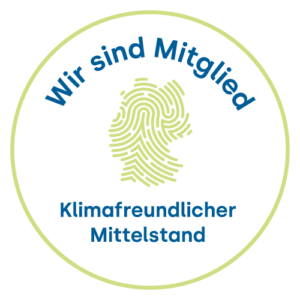
vinyl plus

PVC Sheet Quality - Made in Germany (pro-K)
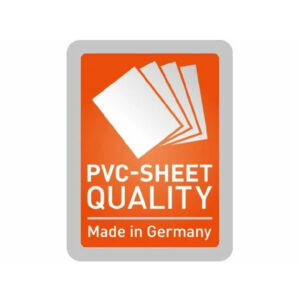
Energy efficiency network of the IHK Koblenz Süd
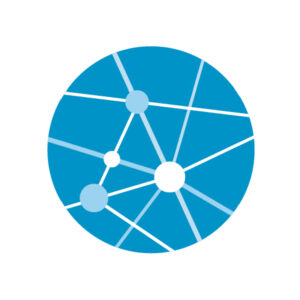
Zero granulate loss" initiative

ESG Alliance
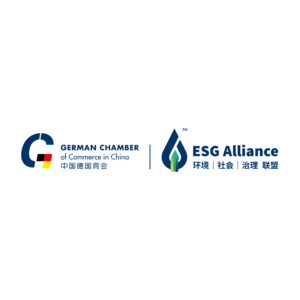
Vinyl Sustainability Council (VSC)
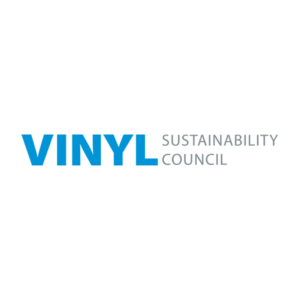
the environmental committee for IAPD
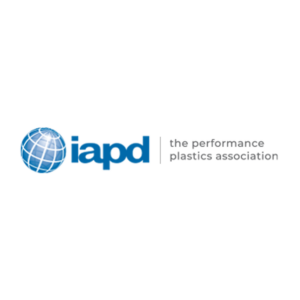
green cabin alliance

B.A.U.M. e.v.
